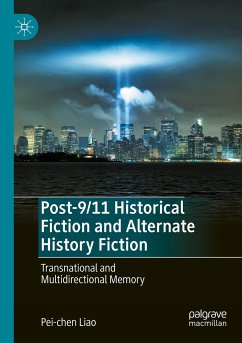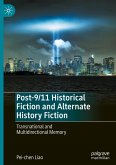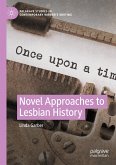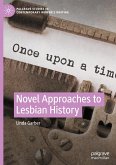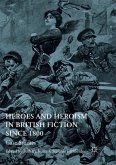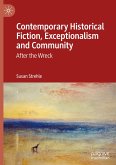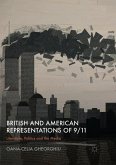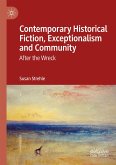Drawing on theories of historiography, memory, and diaspora, as well as from existing genre studies, this book explores why contemporary writers are so fascinated with history. Pei-chen Liao considers how fiction contributes to the making and remaking of the transnational history of the U.S. by thinking beyond and before 9/11, investigating how the dynamics of memory, as well as the emergent present, influences readers' reception of historical fiction and alternate history fiction and their interpretation of the past. Set against the historical backdrop of WWII, the Vietnam War, and the War on Terror, the novels under discussion tell Jewish, Japanese, white American, African, Muslim, and Native Americans' stories of trauma and survival. As a means to transmit memories of past events, these novels demonstrate how multidirectional memory can be not only collective but connective, as exemplified by the echoes that post-9/11 readers hear between different histories of violence that thenovels chronicle, as well as between the past and the present.
Bitte wählen Sie Ihr Anliegen aus.
Rechnungen
Retourenschein anfordern
Bestellstatus
Storno

